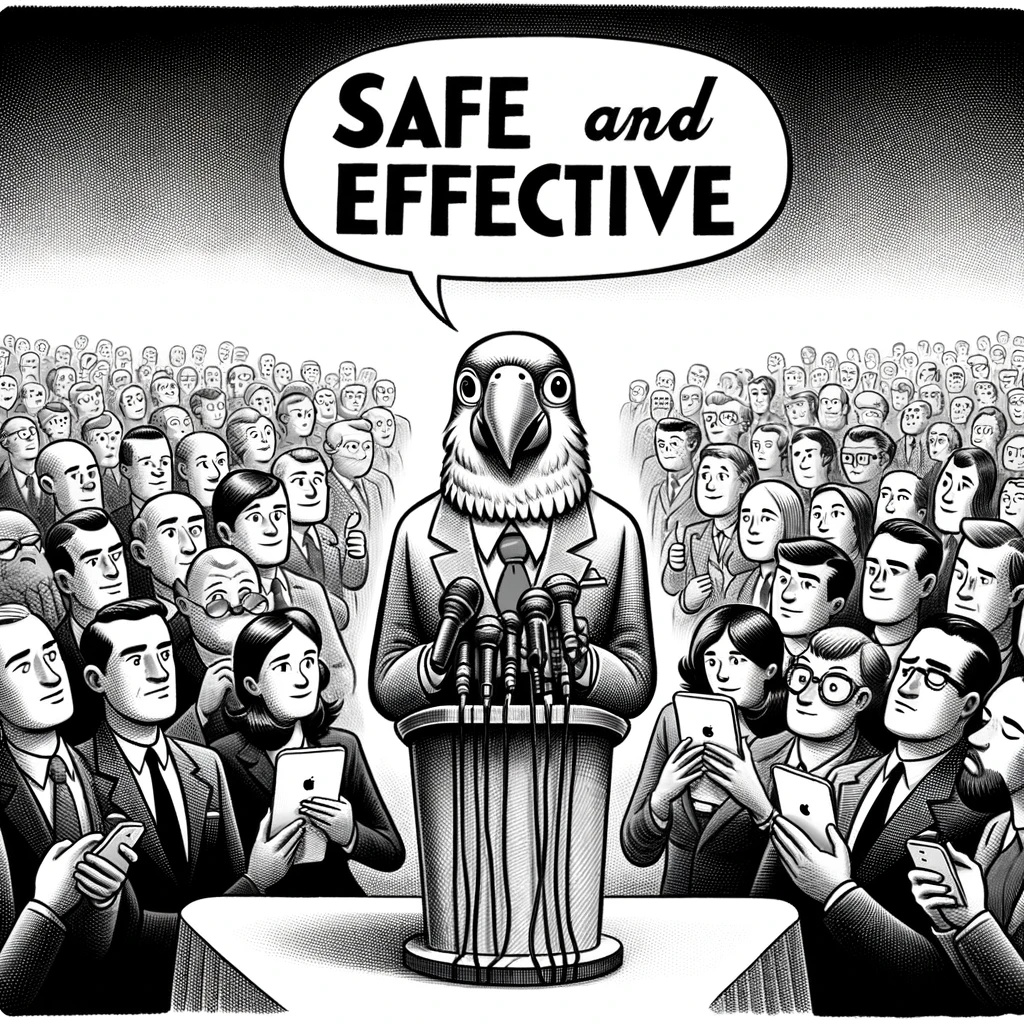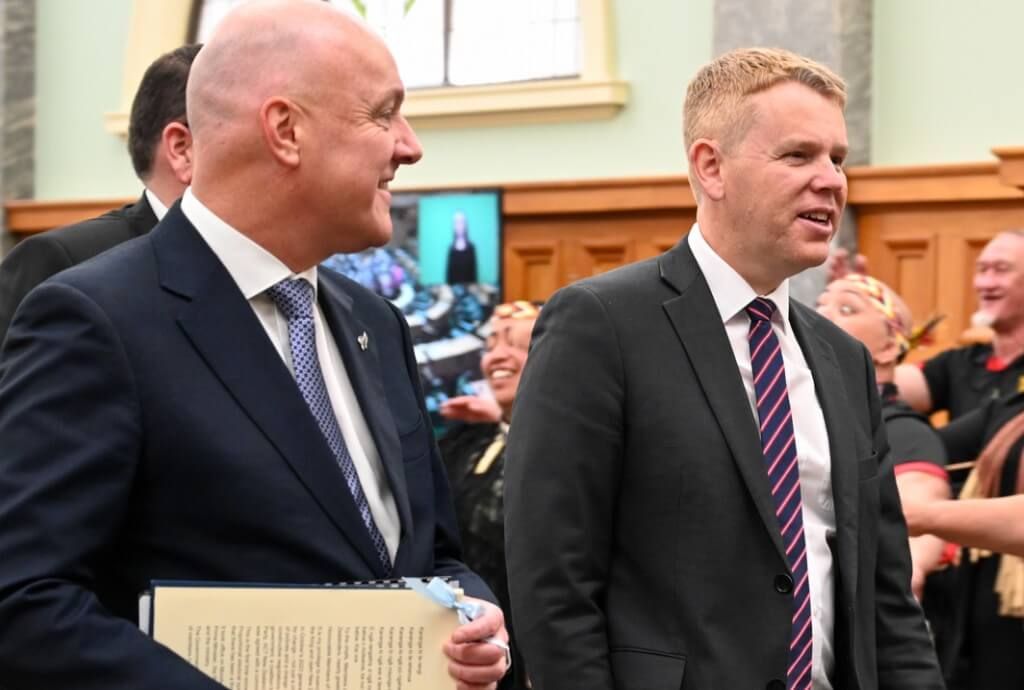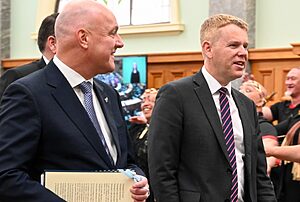In brief
- Repetition shapes public opinion and drives action.
- Frequent repetition can make information seem more truthful.
- Historically, repetition has been used to foster loyalty from ancient Rome to the modern era.
- The recent Labour government was a master class on this.
- Critical thinking and verification can help resist the hypnotic effect.
Conviction through repetition
Repetition is a simple technique with profound power to sway minds and shape narratives with far-reaching implications.
In the realm of messaging, there is no precise line between a hard sell, to further an agenda, and outright propaganda. Factors such as the scale of the campaign and its sponsors play a key role.
Propagandists leverage numerous techniques such as spreading fear, uncertainty and doubt (FUD), appeals to authority, the cult of personality, etc. One of the most potent is repetition.
The strategic use of repetition is widespread in political and commercial messaging, embedding slogans and ideas into the public psyche, shaping perceptions and behaviours. Even true and widely accepted information is often propagandised through repetition.

A time-honoured technique
From the Roman Empire’s use of symbolic repetition, to enforce authority, to the Cold War’s ideological slogans and jingles, the use of repetition has shaped public opinion and fostered loyalty. Repetition’s impact on belief formation is a well-documented psychological phenomenon. Phrases like ‘safe and effective’ exemplify how repeated exposure to information may increase its perceived truthfulness.
The mechanism of repetition
Cognitive psychology suggests familiarity often breeds acceptance. Such repetition can exploit cognitive shortcuts: our brains are wired to recognize and accept familiar information, sometimes at the expense of rational analysis.
This reliance on familiarity enables propaganda to use repetition not just for persuasion, but also for deception. This effect is amplified when the repetition comes from a variety of sources, making the information easier to process and therefore seemingly more credible.
This phenomenon is known as the ‘illusion of truth.’ Although there will always be those able to resist, even the most sceptical individuals can find themselves swayed if a message is repeated enough times from multiple sources.
The previous Labour Government were masters of repetition
The previous Government under Labour had an abundance of messages on repeat.
There was Three Waters and its contentious co-governance characteristics. The constant talking points were that there were “obligations” to the Treaty and that co-governance was not something to be feared.
There were also constant references to the Treaty “Principles”, which aren’t defined. Many are under the distinct impression that they are concrete.
Road to Zero is another oft repeated slogan used by the Government in the promotion of their road safety strategy. But last year was actually a failure, at least in Auckland, as deaths/significant injuries increased in 2023 over the year before by more than 8.5%.
To some degree the purpose of NZ News Essentials(NE) is to de-program the public from the propaganda of Labour and its media supporters. NE is still a separate publication, but is now combined with the Centrist, in one website. The overall objective is to expose readers to a wider range of substantive information and views, so they can look at “news” more critically.
Knowledge is power
While repetition can impact our belief systems, its hypnotic sway can be mitigated as social scientists have observed our beliefs are most significantly influenced by truth.
Through awareness of repetition as a persuasive tactic, critical evaluation and verification of information, media consumers are better armed to discern fact from fiction.



















